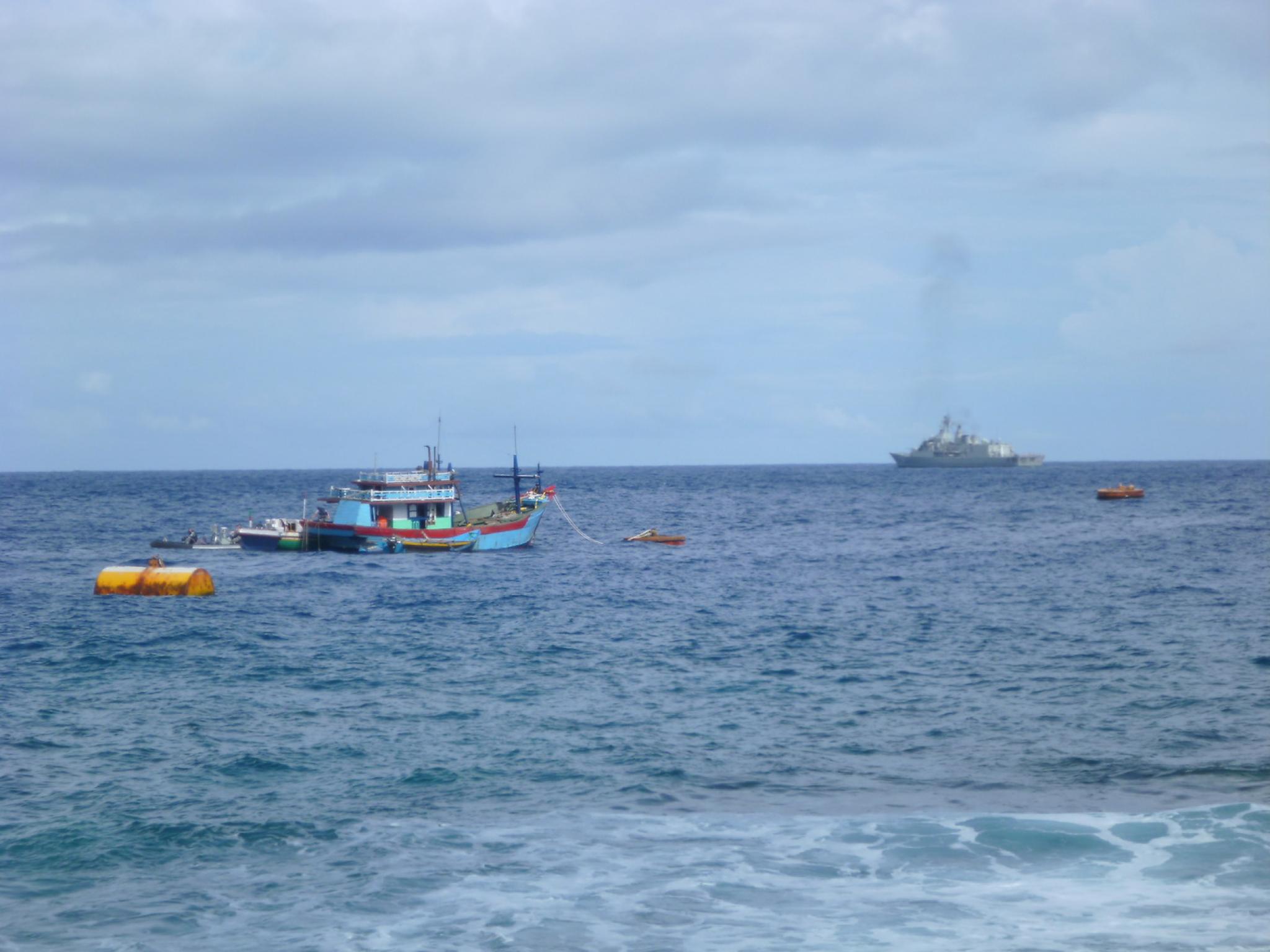This research examines the history of Australia and Indonesia’s management of irregular migration across three periods - border crossers in PNG (1965-1973); the Indochinese refugee crisis (197-1979); the creation of the Bali Process (1995-2002).
We are often told that the Australia-Indonesia relationship is a turbulent one – marked by frequent successes and setbacks, one such strain being irregular migration. Australia and Indonesia face this issue from different perspectives: Australia is a destination country while Indonesia is a transit country. Combatting irregular migration is a priority for Australia but not for Indonesia, and while Australia is a signatory to the Refugee Convention, Indonesia is not.
Nevertheless, Australia and Indonesia have worked together in the area of irregular migration since the 1960s. This untold history can help us understand the persistence of Australia-Indonesia cooperation despite relationship ruptures. It shows that despite high-level rifts, an undercurrent of trust between bureaucrats keeps the relationship on a relatively even keel.
